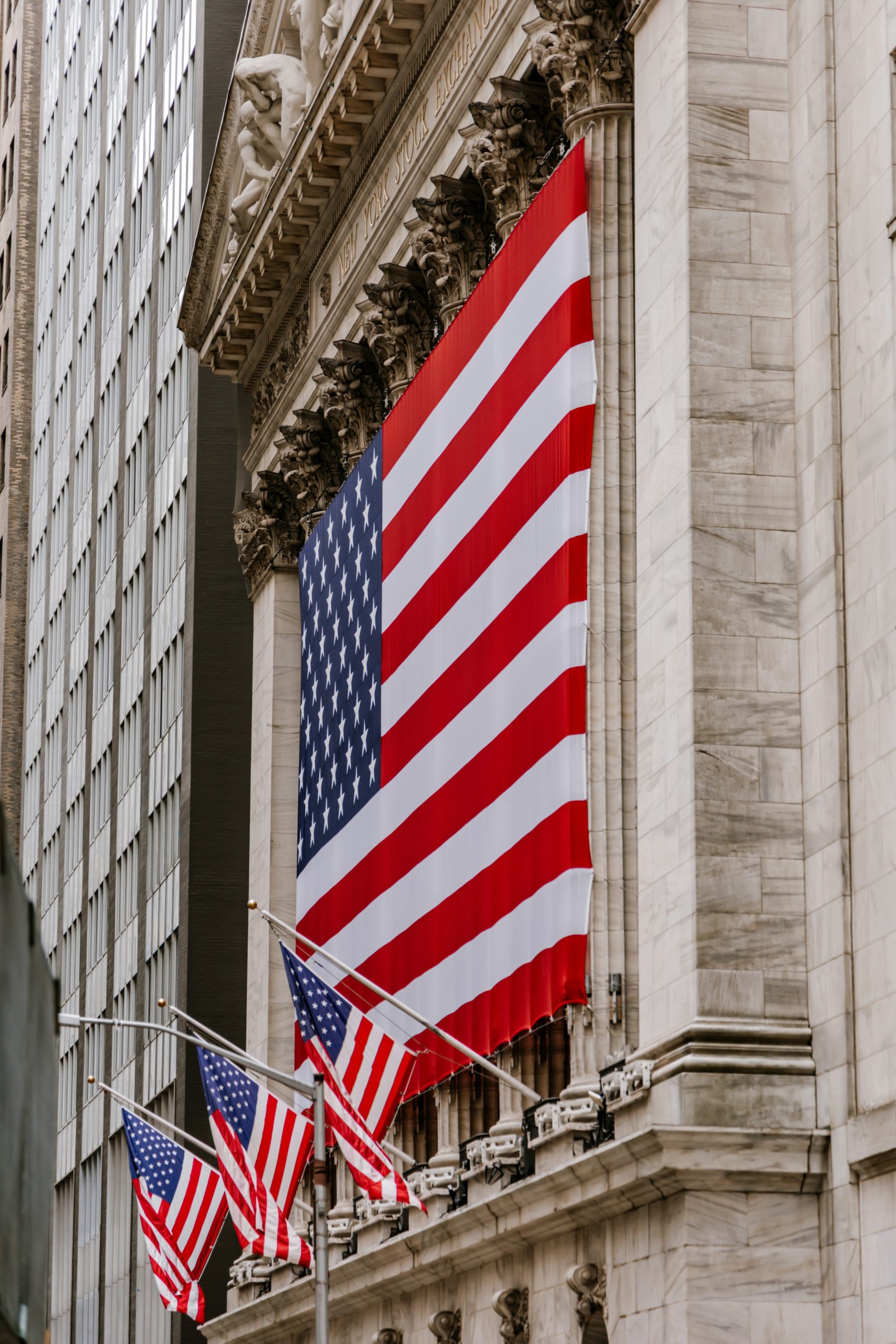NEW PARADIGM
Newsletter: America's historic choice
From our Forum New Economy newsletter series.
BY
THOMAS FRICKEPUBLISHED
8. MARCH 2024READING TIME
3 MIN
Dear friends and colleagues,
When the great crash of 1929 was followed first by mass unemployment and then by one political catastrophe after another, it was both the end of an old liberal model – and the beginning of a new one. It was suddenly about limiting the imbalances of capitalism, creating an economy that benefits everyone: via Roosevelt’s New Deal in the 1930s or the Bretton Woods organization and a new, more regulated policy with the goal of prosperity for all in the period after the Second World War.
Like now? Where, after the great financial crisis of 2008, new research and new efforts have been underway for years to replace dogmatic market liberalism with something better – in case of doubt under the new label Bidenomics?
Possibly. Another historical interpretation is also possible, as a French historian once explained at a forum workshop in Paris: according to this, the high point and end point of the first economic liberal era was not 1929 at all, but 1914 – after the wave of industrialization. And what followed in the interwar period was more of a first, ultimately only failed attempt to tame capitalism: whether through the League of Nations, new social laws or working time regulations.
Then the parallel to today could also be read differently: what happened after the 2008 financial crisis in terms of new rules for financial markets, minimum wages or a more active role for the state was also just a first attempt to make capitalism work to everyone’s advantage again. The only problem is that this might not be enough to absorb people’s anger and resentment and establish a new social paradigm. And then the big political disaster could still be imminent – as in Europe in the 1930s.
Gloomy? Scary. But this interpretation could also fit with what is currently looming – a new wave of political-populist aberrations. Only this time – unlike back then – also and first in the USA. Which brings us to March 2024 – and the prospect that it is not unlikely that in a few months there will be another US president, Donald Trump, who threatens to shatter much of what Joe Biden has just tried to repair under the label of Bidenomics in terms of the damage caused by the market-liberal excesses of recent decades. Unlike in the 1930s, when the USA was probably spared the widespread collapse of democracies thanks to the New Deal.
That’s what it’s all about when Joe Biden is most likely to run against Donald Trump. And the fact that so little of the economic boom Biden is currently triggering in the US is coming back in the form of popular approval. Whether this has yet to happen or not will be the subject of a study that Robert Gold, a populism researcher from Kiel, is currently preparing for us, which he will present at the major event we are planning for the end of May.
There, leading international researchers and practitioners will also talk about what is driving people everywhere so conspicuously to the populists in these times – and how well what has been conceived as a new industrial policy for some time is working against them. The great thought leader Dani Rodrik will be there, as will former Clinton advisor Laura Tyson, the Institute’s presidents Moritz Schularick, Marcel Fratzscher and Jeromin Zettelmeyer – and Simon Jäger, who recently took up the job as advisor to the Federal Minister of Economics. To name just a few. A historic line-up for a historic occasion. More on this shortly.
Just this much in advance: the meeting is to start with a public podium in Berlin on May 27 in the afternoon. Make a note!
This text is from our bi-weekly newsletter series. To subscribe, click here.
